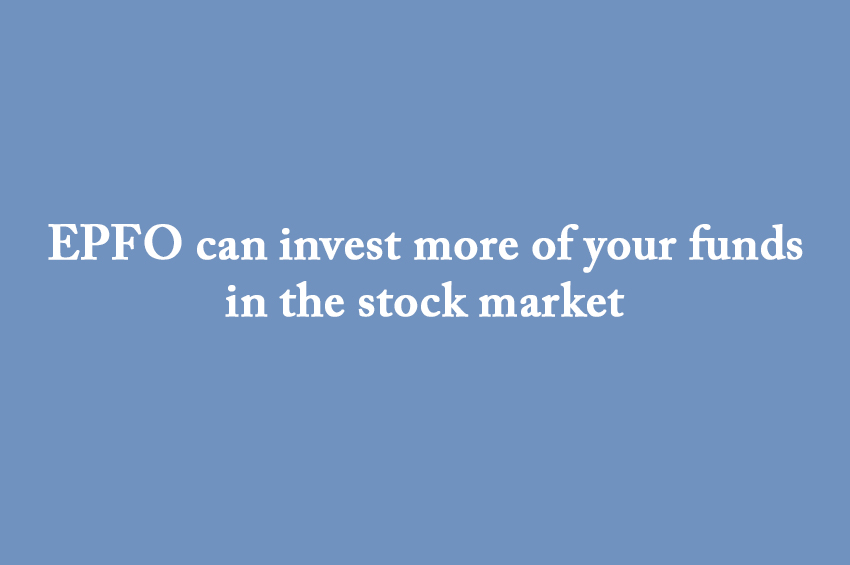Winning Bizness Desk
Mumbai. The Employees' Provident Fund Organization (EPFO) wants to reinvest the income from exchange-traded funds (ETFs) in the stock market. For this, EPFO has started talks with the Finance Ministry. According to the report, EPFO has suggested this to increase the returns by taking advantage of the volatility of the market. Earlier, during the meeting held in the last week of March, the Central Board of Trustees (CBT) had approved this move of EPFO. Currently EPFO can invest up to 5-15% of its income in the stock market through ETF. EPFO seeks permission to redeem daily units from exchange-traded funds, so that it can withdraw money from the stock market whenever needed. At present, withdrawal is allowed only after a certain period. At present, ETF returns are benchmarked against the average 4-year return of the Sensex, but the organization has proposed to increase this period to 5 years.
An exchange-traded fund is a bundle of individual securities that includes investment options including stocks, bonds, currencies, indices, sectors and commodities, among others. The objective of ETF is to give investors the option of investing in multiple properties at a low cost. An exchange traded fund is like a mutual fund, but unlike a mutual fund, an ETF can be sold at any time during the trading period.
What is EPF ?
EPF is the main scheme under the Employees' Provident Funds and Miscellaneous Act, 1952. The scheme is administered by the Employees' Provident Fund Organisation (EPFO). Every establishment with 20 or more employees is covered, and some organisations that employ fewer than 20 people are also covered, subject to certain constraints and exemptions. The employee and employer each contribute 12% of the employee's basic salary and dearness allowance towards EPF.After the employer retires, they receive a lump sum that includes both their own and the employer's contributions, in addition to interest on both. Currently, the rate of interest on EPF deposits is 8.15% p.a.


